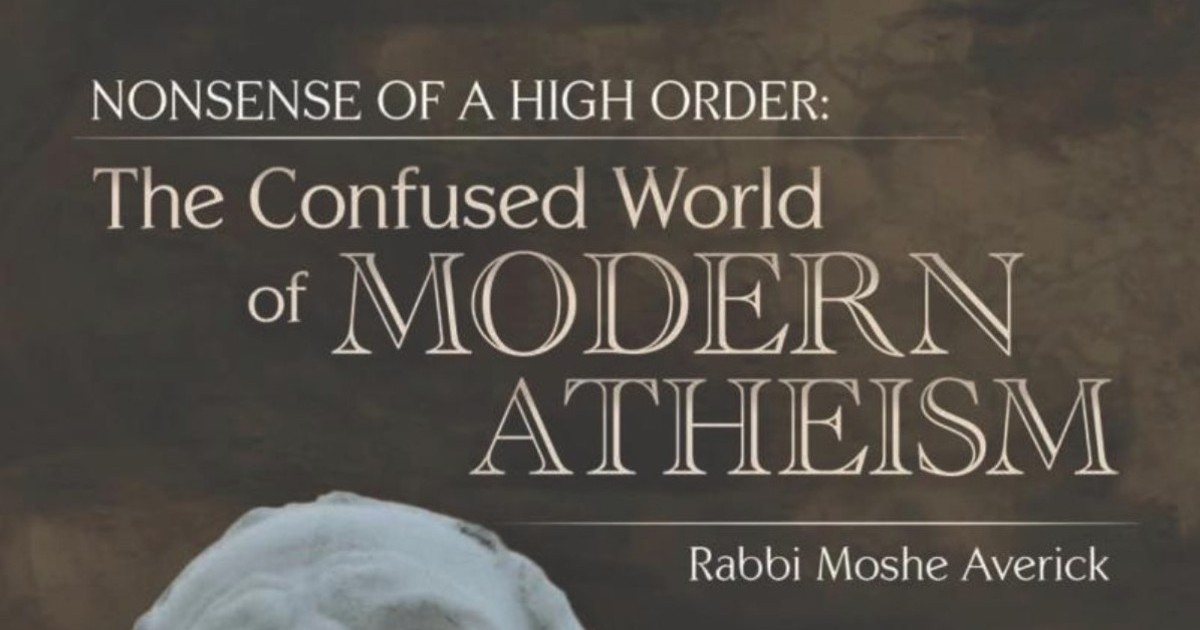On this episode of ID the Future host Andrew McDiarmid continues his series with science historian Michael Keas about Mike’s new work from ISI Books, Unbelievable: 7 Myths About the History and Future of Science and Religion. Here they focus on the myth that a vast cosmos renders humanity insignificant, and in the process, discredits the Judeo-Christian worldview. As Keas notes, science popularizer Bill Nye recently dusted off this old saw, but the Old Testament itself, in the Psalms, depicts man and the earth as tiny in compared to a vast universe. Keas also discusses C.S. Lewis’s take on the matter. Lewis pointed out that atheists have argued that a universe where earth is the lone habitable planet argues against God. And they have argued that a universe filled with many habitable planets argues against God. Heads the atheists win; tails the theists lose. As Lewis and Keas suggest, we are rightly skeptical of such rigged games. Listen in to learn more about this complex and fascinating issue touching on philosophy, theology, and the history of science. Please consider donating to support the IDTF Podcast.

